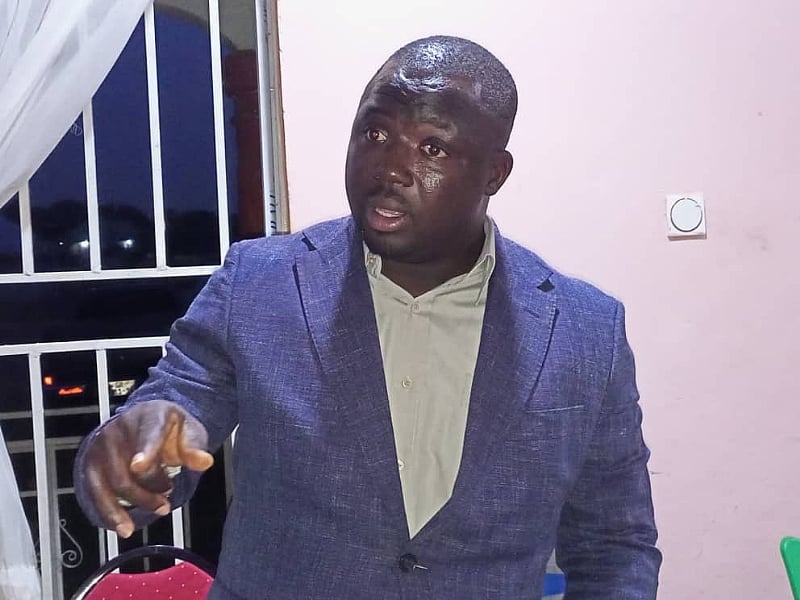The ongoing nationwide strike by the Ghana Registered Nurses and Midwives Association (GRNMA) has ignited a heated political debate, with accusations of political sabotage flying between the ruling National Democratic Congress (NDC) and the opposition New Patriotic Party (NPP). Mustapha Gbande, Deputy General Secretary of the NDC, has pointed a finger directly at the NPP, alleging that they are orchestrating the strike to destabilize the current administration. Gbande’s argument hinges on the historical fact that nurses did not engage in industrial action during the NPP’s eight-year rule, suggesting that the current strike is politically motivated rather than driven by genuine grievances. He has gone so far as to suggest dismissing the current GRNMA leadership and replacing them with individuals more willing to cooperate. This strong stance reflects the growing tension surrounding the strike and its potential ramifications for both public health and the political landscape.
The GRNMA, however, maintains that their strike is solely focused on securing better conditions of service, a long-standing demand that they claim has been repeatedly ignored by the government. Their decision to embark on a nationwide strike, now entering its second week, underscores their frustration and determination to have their concerns addressed. The impact on healthcare delivery has been significant, with public hospitals struggling to provide adequate care to patients in the absence of a substantial portion of their nursing staff. The GRNMA’s unwavering stance, despite mounting pressure from various stakeholders, highlights the deep-seated nature of their grievances and the perceived lack of progress in negotiations.
The heart of this conflict lies in the contrasting narratives surrounding the strike’s motivation. The NDC frames the strike as a politically motivated attempt to undermine the government, orchestrated by the opposition NPP. This perspective paints the GRNMA leadership as pawns in a larger political game, sacrificing the well-being of the public to advance the NPP’s political agenda. The NPP, on the other hand, likely portrays the strike as a legitimate expression of the nurses’ frustrations with the current government’s failure to address their concerns. This framing positions the GRNMA as champions of workers’ rights, fighting for fair treatment and improved working conditions within a system that has neglected their needs.
The government’s response to the strike has been characterized by a mixture of negotiation and condemnation. While acknowledging the nurses’ right to protest, government officials have also stressed the negative impact of the strike on public health and urged the GRNMA to return to work while negotiations continue. Gbande’s call for the dismissal of the GRNMA leadership reflects a hardening stance within the NDC, suggesting a potential escalation of the conflict if the strike persists. The government likely faces a difficult balancing act between addressing the nurses’ concerns and maintaining a firm position against what they perceive as politically motivated disruption.
The timing of the strike adds another layer of complexity to the situation. Occurring against a backdrop of broader economic challenges and social unrest, the strike has the potential to exacerbate existing tensions and further destabilize the country. The government is under pressure to resolve the situation quickly to prevent further deterioration of public health services and to avoid a broader escalation of social unrest. The GRNMA, on the other hand, may see this period of heightened national concern as an opportunity to exert maximum pressure on the government to finally address their demands.
The ongoing strike by the GRNMA underscores the challenges facing Ghana’s healthcare system and the delicate balance between labor rights and public health. The accusations of political interference further complicate the situation, highlighting the potential for political agendas to influence essential services and the vulnerability of healthcare workers caught in the crossfire. The resolution of this conflict will require careful negotiation, a commitment to addressing the legitimate concerns of the nurses, and a concerted effort to depoliticize the provision of essential healthcare services. The outcome will have significant implications not only for the nurses and midwives but also for the broader population’s access to quality healthcare and the stability of the nation as a whole.


